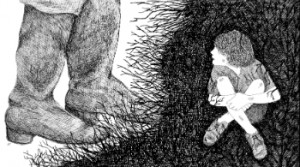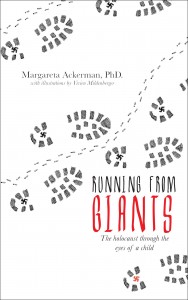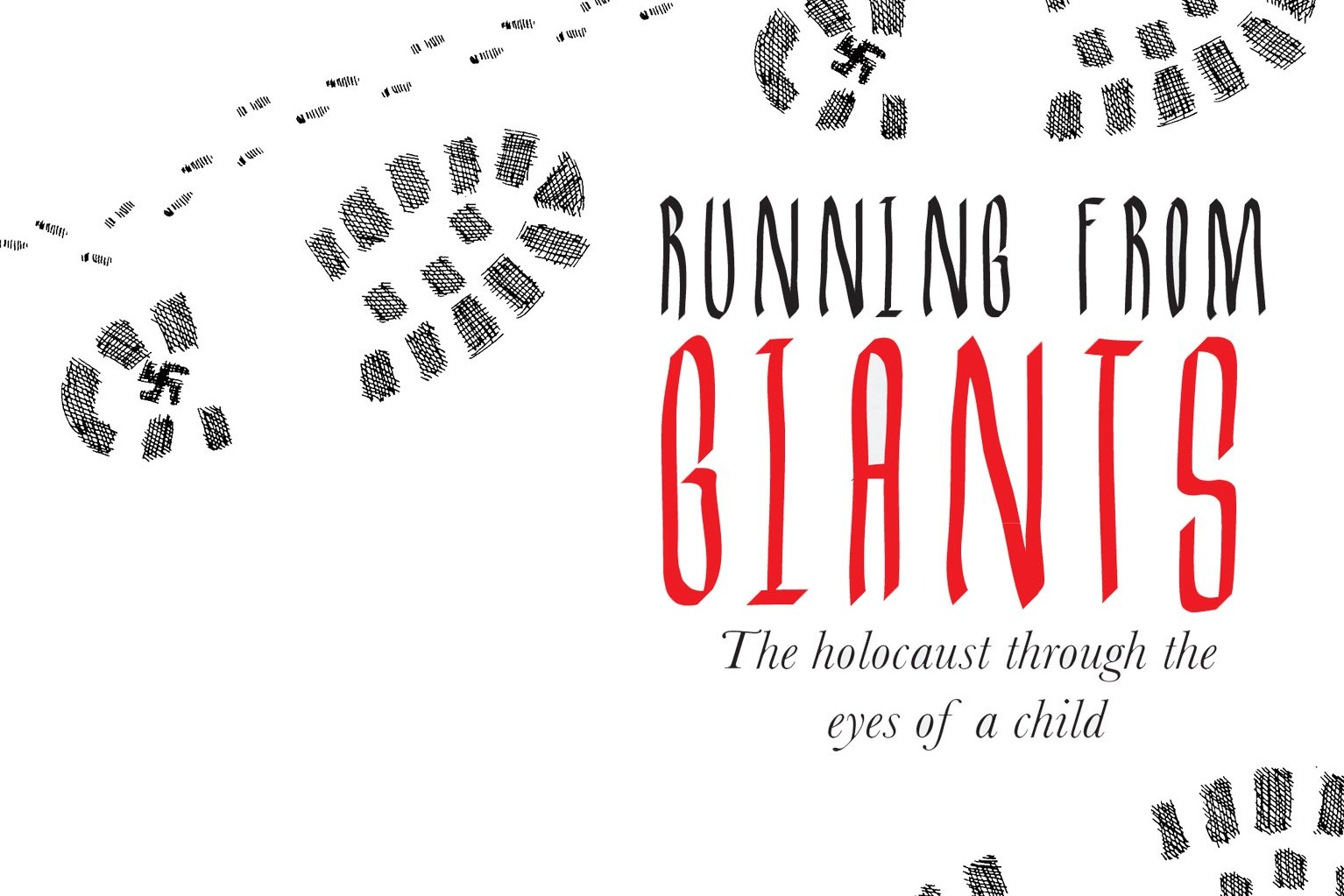
Having lived on three continents and spent over twenty years in school, I have attended many diverse classes and lectures on the Shoah. Yet, every time I was taught about this horrific chapter in history, I couldn’t help but feel that something was missing, although for many years I couldn’t put it into words.
A couple of years ago, I was finally able to see the missing piece: My grandfather’s experience in the Holocaust and his unlikely response to what he had endured led to a most unexpected lesson on human nature. But, let me start from the beginning. The Holocaust is the worst atrocity to ever visit humankind. As such, it can teach us much about human nature – not ordinary human nature, but rather the boundaries of what we are capable of, for better or worse.
Without any doubt, the most important lesson we must learn from the Shoah is humankind’s potential for evil. The fact that humans are capable of such atrocities must serve as a warning for generations to come, so that it will never again come to pass.
Simultaneously, the Holocaust showed us humanity at its best. In “Men’s Search for Meaning,” neurologist, psychiatrist, and Holocaust survivor Viktor Frankl speaks of how the Holocaust reveals to us our capacity for good. He writes of the kindness that concentration camp prisoners showed fellow human beings at great personal risk. Of course, this was not the norm. What could we expect from innocent people who were dying from hunger, disease, and the most horrific torture? But, it inspires hope that we may have within us the capacity for good even under the worst circumstances.
My grandfather’s story brings yet another lesson on human nature. Like many other survivors, Grandpa suffered terribly at the hands of the Nazis. In fact, there are no words that would adequately capture the suffering endured by him and other survivors.
 Grandpa’s suffering began even before the Nazis invaded the Polish village of Nowosiolki, where he lived peacefully with his parents, older brother, and identical twin. When he was only seven years old, my grandfather, Srulik Ackerman, suddenly lost his identical twin brother to a simple infection on his left knee. Studies show that the loss of a twin is a severe traumatic experience, comparable to the loss of one’s child. But, fate had a lot more in store for young Srulik.
Grandpa’s suffering began even before the Nazis invaded the Polish village of Nowosiolki, where he lived peacefully with his parents, older brother, and identical twin. When he was only seven years old, my grandfather, Srulik Ackerman, suddenly lost his identical twin brother to a simple infection on his left knee. Studies show that the loss of a twin is a severe traumatic experience, comparable to the loss of one’s child. But, fate had a lot more in store for young Srulik.
When he was ten years old, the Nazis came into Nowosiolki and forcefully rounded up the only Jewish family in the village. A bulky Nazi pushed his father against a brick wall. Then, he did the same to his mother, followed by his older brother. Realizing the severity of the situation, Srulik began to run, and, against all odds, successfully escaped from the Nazis in broad daylight. He then hid in the bushes behind the river across from his house.
The next day, he overheard from women washing laundry in the river that his entire family has been shot to death into a hole in the ground. Devastated, terrified, and utterly alone, Srulik was left to wander the forest.
Despite his best efforts to hide from the Nazis, within a few weeks, Srulik found himself within the walls of a Ghetto in the Polish city of Miedzyrzec. There he witnessed some of the most horrific events that ever took place. People were shot into mass graves by the thousands. Living babies were hurled into walls. Being discovered by a Nazi meant almost certain death, but hiding didn’t offer much safety: with no more than scraps of food to go around, many died of starvation and disease, even if they managed to avoid the Nazis.
Somehow, Grandpa survived. That alone was amazing. But, what was even more amazing was the kind of person that he turned out to be despite all he had endured.
There is really no better way to describe Srulik: He was, without a doubt, the happiest person I had ever met. So happy, in fact, that you simply couldn’t miss it. He had huge smile lines surrounding his mouth. He loved to share jokes and did so at every opportunity. He laughed more than anyone I knew.
Furthermore, he readily admitted to being a happy person. “Of course, I am happy!” he exclaimed when I asked him. His joyful attitude didn’t confuse him in the least. In so far as I know, he saw no contradiction between his happiness and his past.
But, to me, it seemed that Grandpa defied the laws of nature. Aren’t early traumatic experiences supposed to affect the rest of our lives? Haven’t we been told that suffering in the past leads to problems in the future? How could he remain so happy after all that had happened to him?
To put things in perspective, consider some typical causes for severe long-term depression and anxiety. Childhood neglect, bullying, and even immigration to another country are viewed as sufficient causes for psychological damage that can stand in the way of our happiness for the rest of our lives. To be clear, I consider all these to be very serious issues, and it stands to reason that they could have such an effect.
But then, how does it make sense that one could go through the Shoah and come out as intact as my grandfather? Clearly, he does not represent the norm. But, the fact that he lived as he did, reveals yet another aspect of human nature: It is possible to be happy no matter what happens in your past.
If my grandfather was able to live happily after all the unthinkable horrors that he had endured, there is hope for the rest of us. No matter what terrible things happen in your past, it is within the limits of human nature to overcome them.
Margareta Ackerman, Ph.D. is a granddaughter of Holocaust survivor Srulik Ackerman and author of Running from Giants: The Holocaust Through the Eyes of a Child, an illustrated memoir detailing Srulik’s experience in the Holocaust. She also authored over a dozen academic publications, including research on applications of traditional Jewish study methodology to the modern classroom. Born in Belarus, Margareta spent much of her childhood in Israel. She lives with her husband and son in San Jose, California.
